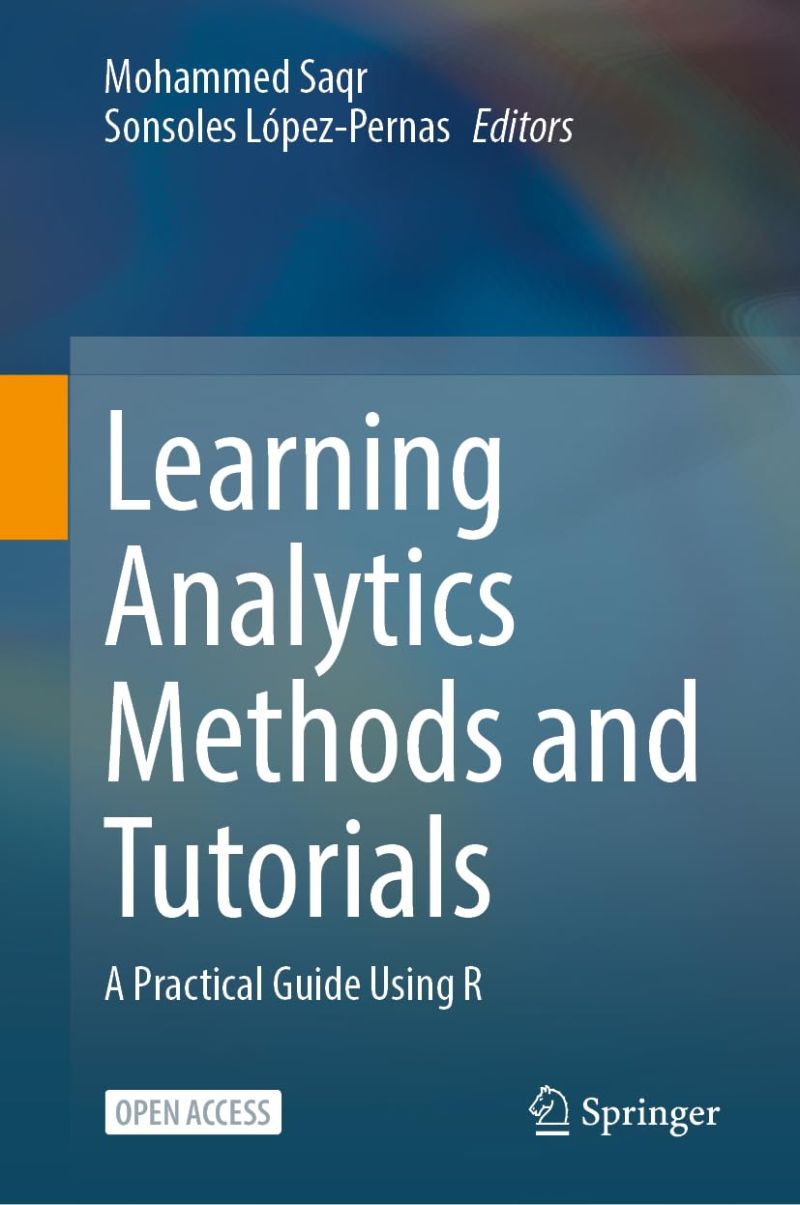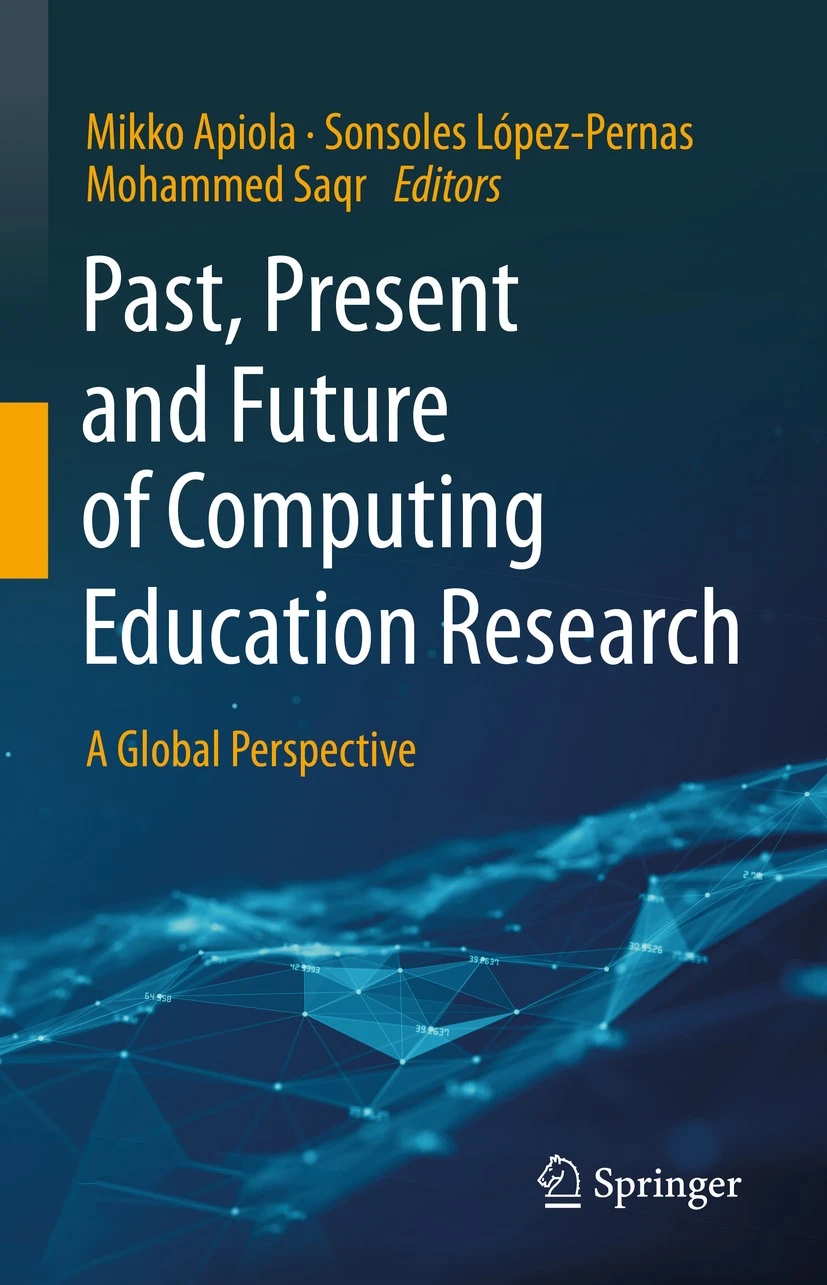
Office number B344
Lansikatu 15
Joensuu, 80100, Finland
I am a Professor of Learning Analytics and Artificial Intelligence at the School of Computing at University of Eastern Finland. I lead UEF’s Learning Analytics Unit, which has emerged as Europe’s most productive learning analytics lab, as recognized by Scopus and Web of Science over the past five years (2019-2024). I have a PhD in Learning Analytics from Stockholm University, Sweden, followed by a postdoctoral position at Université Paris Cité, France. Later, I earned the title of Docent in Learning Analytics from the University of Oulu, Finland. His scholarly work is diverse, interdisciplinary, and prolific.
I am a well-published researcher with national and international standing, and extensive publications in leading outlets across learning analytics, individualized machine learning, precision explainable AI, network science, the science of science, and medicine. My interdisciplinary body of work includes over 250 peer-reviewed studies, three books, and scientific software. I have chaired several conference tracks and given invited keynotes and lectures at 40+ events. My research has garnered international recognition, including the Stanford Top 2% Scientist Ranking (2024–2025), the Europe Emerging Scholar Award in 2023 for Learning Analytics, and best paper awards at LAK 2024, ICCE 2020, SITE 2022, ICSLE 2025, and TEEM 2023, 2024, and 2025. In addition, my research has secured funding from esteemed organizations, such as the Research Council of Finland (Academy of Finland), which funded my precision AI project (as Principal Investigator), and the Swedish Research Council, which funded our project on Learning Analytics in the classroom (as Co-Principal Investigator). I also received several grants as part of different consortia in Learning Analytics and virtual laboratories from the European Commission and Nordplus. I maintain extensive international networks, collaborating with over 250 researchers from 40 different countries. I serves on the editorial boards of prominent journals such as Transactions of Learning Technologies, British Journal of Education Technologies, and PLOS ONE. Chaired several conferences, conference proceedings and served as senior program member of several conferences such as LAK, AIED, ECTEL and ISLS.
I established and now lead the Learning Analytics Unit at the University of Eastern Finland, which—over the past five years—has become the most productive laboratory of its kind in Europe and ranked second worldwide in 2023, 2024, and 2025. My research group has grown from a single investigator to a dynamic team comprising eight hired researchers and PhD students. It has also developed into a hub for international collaboration, having hosted more than 20 research visitors from France, Spain, Turkey, Morocco, Finland, the Czech Republic, Belgium, and Germany and is always welcoming collaborators and visitors. I have also collaborated with governmental organizations and companies and international organizations, for example, the evaluation of the World Academy of Sciences (a UNESCO organization). My future work focuses on using and advancing methods to study problems of significance to the community, including how machine and human dynamics interact across learning, decision-making, and complex systems. In that, I am particularly interested in Artificiail Intelligence, Analytics, dynamics of problem solving, collaboration, cognitiona and metacognition as well as engagement and regulation– among others.
This network maps the co-occurrence ties between research subcategories grouped into thematic clusters, derived from keyword metadata across 247 publications. The outer ring encodes thematic clustering; each inner arc is a node representing a subcategory. Edges (ribbons) connect nodes that co-occur in the same publications — thicker edges indicate stronger ties. Hover for degree and edge weight details, click a node to explore that area.
news
| Mar 01, 2026 | JTNA v1.6.1 — What's New |
|---|---|
| Feb 12, 2026 | The tna R package reaches v1.2.0 on CRAN — now with frequency-based TNA (FTNA), n-gram and attention models, expanded centrality measures, and formal model comparison functions. |
| Jan 16, 2026 | Our new R package codyna for complex dynamic systems analysis is now on CRAN — tools for complexity analysis, pattern detection, trend identification, regime shift detection, sequence classification, and early warning signals. |
Books
selected publications
This is a selection of my publications which includes some of the papers that I enjoyed working on. A full list of my work can be found here, a more updated list can be seen on my Google Scholar.


